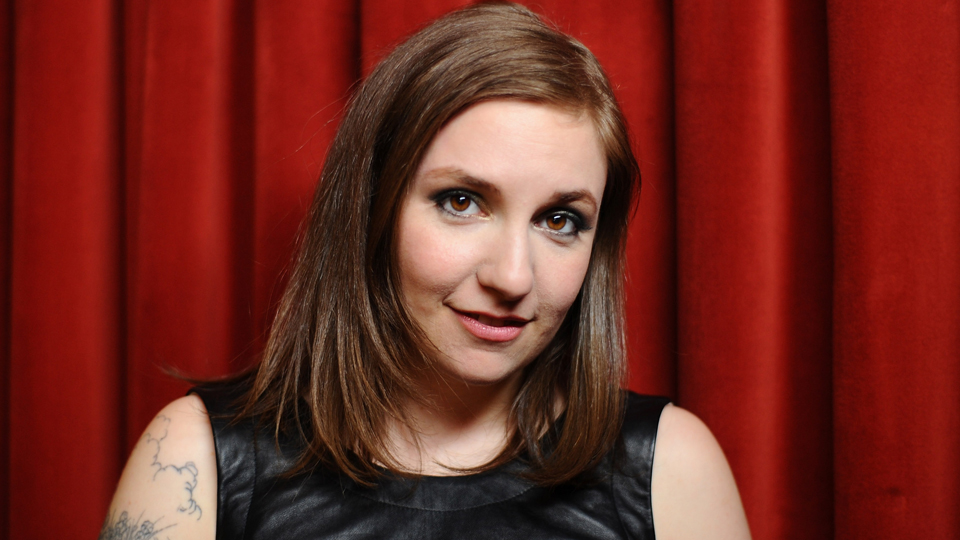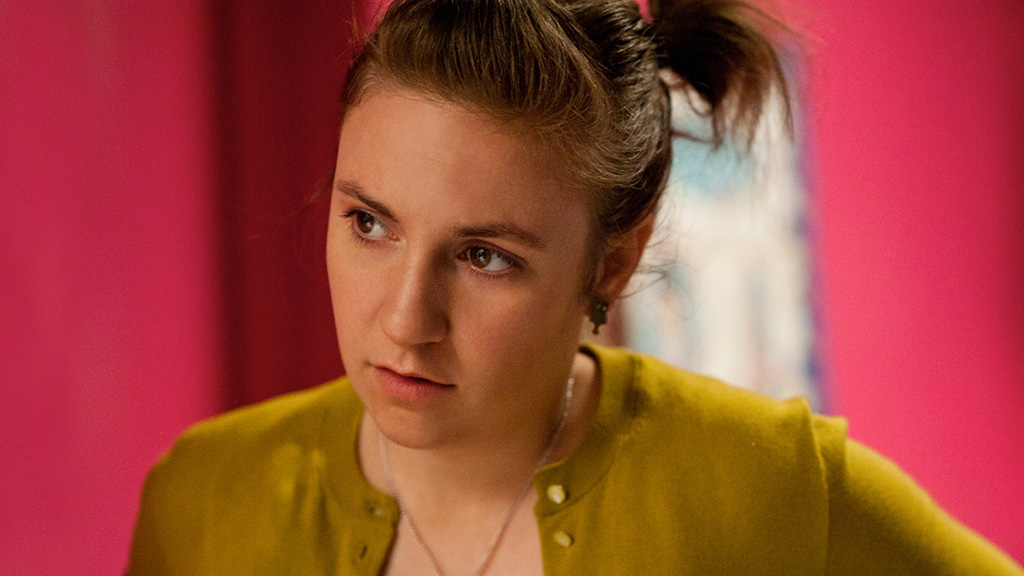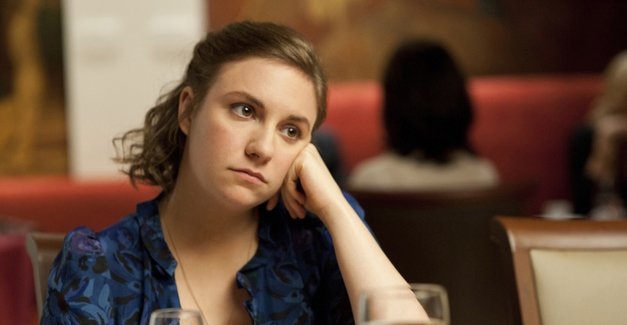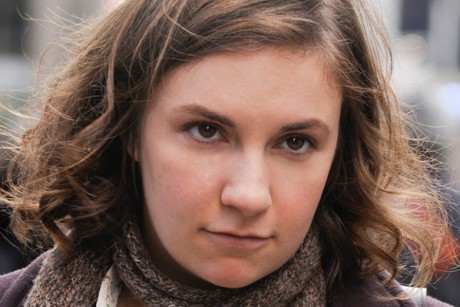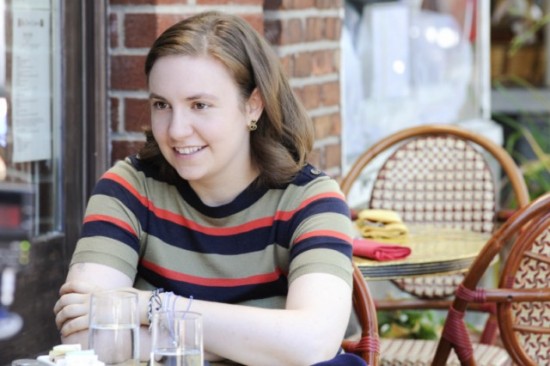
Girls did not start out particularly well this week. Hannah doesn’t own a suitcase? Really? If she’s a middle-class girl from Michigan, her parents own approximately 22,000 suitcases. Every piece of luggage I own is a hand-me-down from my father, who incidentally went to Michigan State, which leads me to my second point. This episode hit a little too close to home. I grew up outside a college town in Michigan. I am trying to make it as a writer in Brooklyn. In my early twenties, I often considered how much easier living in Michigan would be only to realize I couldn’t exist outside of New York for more than a few months. Also, my name rhymes with banana. It was a little freaky.
In the past few episodes, especially in the handsy boss storyline, Hannah’s self destruction was not so much funny as unbelievable and pathetic for the sake of being pathetic. Girls has been termed “inventive” and “daring” because it showcases the type of acerbic, normal looking, awkward girl we never see on screen. However, if this girl is incapable of eliciting desire or achieving even a modicum of happiness, then the show isn’t doing much more than reinforcing the female fear that existing outside of conventional gender norms will lead to a lifetime of unanswered texts and uncomfortable attempts to sleep with your sixty-year-old boss. Hannah may still be a mess in East Lansing, but in the tree-lined and strip-mall filled Midwest, she finally reveals herself to be the kind of maturing mess we can root for back in Greenpoint. Continue reading “Say Yes! to M!ch!gan!”

